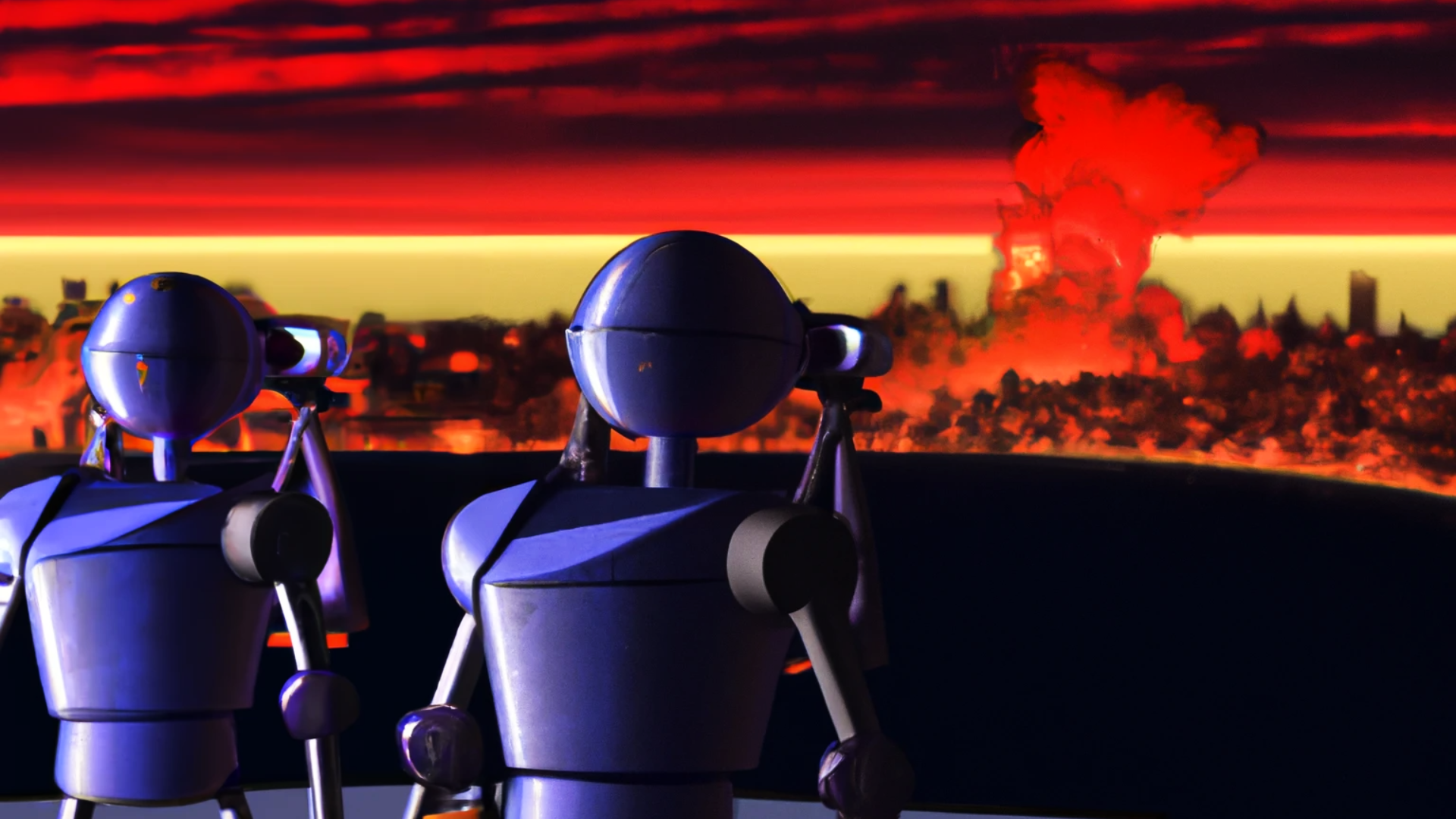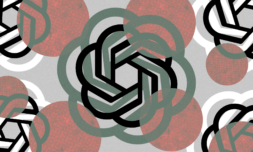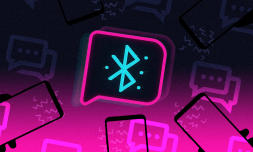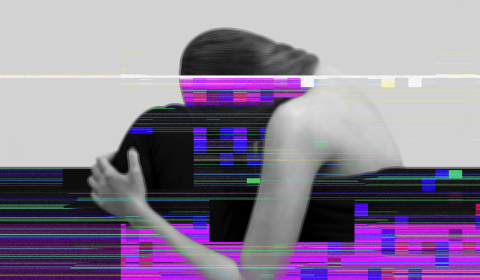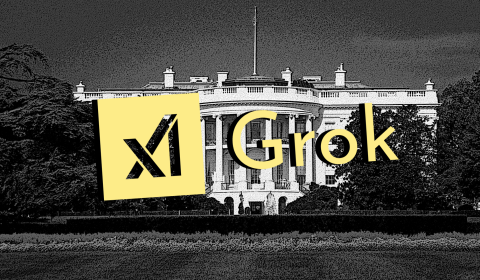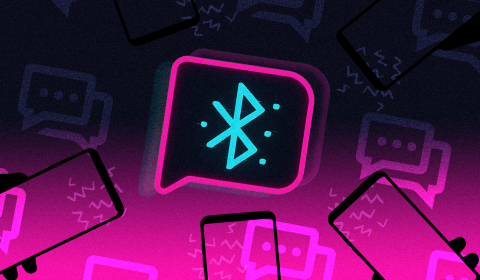For half a century, AI ‘godfather’ Geoffrey Hinton nurtured the technology at the heart of chatbots like ChatGPT. Now, having left Google, he warns it could cause serious harm in the future.
Regarded by many as a ‘godfather’ of AI technology, Geoffrey Hinton’s pioneering research paved the way for sophisticated generative systems like ChatGPT.
The British-Canadian earned his chops over half a century in computer science and cognitive phycology. Now, at 75, he has left his post at Google to ‘blow the whistle’ on the supposed dangers being posed by AI’s ceaseless growth.
While, currently, many of us are still revelling in the technology’s novel uses, he warns that years from now these systems will inevitably learn ‘ways of manipulating people’ and asserts that they’re becoming smarter than humans already.
If you’re picturing a future similar to Blumhouse’s naff horror movie M3GAN, you’re probably wide of the mark, but the level of existential concern around machine learning’s lack of regulation is fast rising.
Hinton told the New York Times that until last year he believed Google had been a ‘proper steward’ of AI, but that all cautious sensibility was scrapped once Microsoft merged ChatGPT with Bing – inadvertently threatening its Google Search business.
Behind closed doors some known dangers prior to this decision were ‘quite scary,’ he told the BBC, warning chatbots could become more intelligent than humans and could be exploited by ‘bad actors’.









